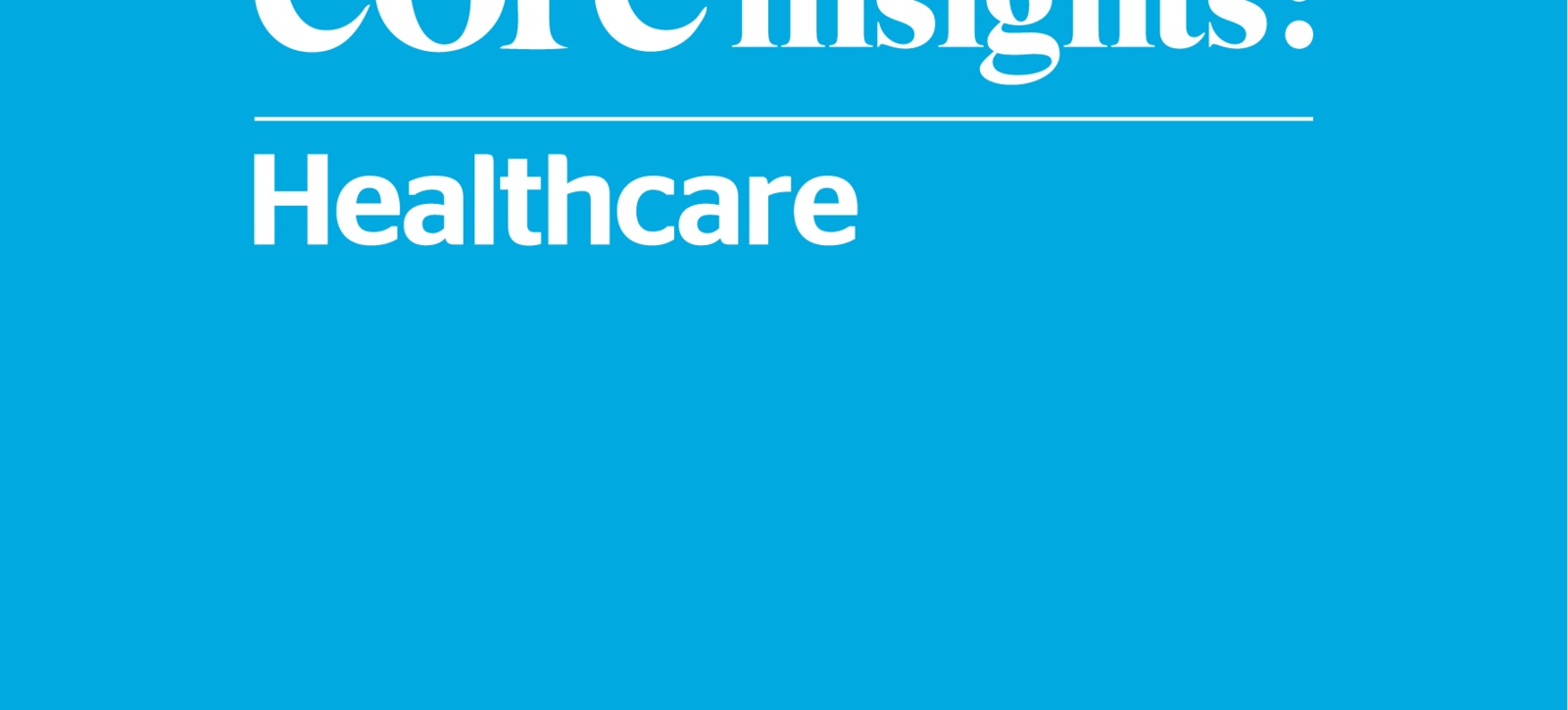
- Tips and advice on social networks is leading to better patient care
- Tech start-ups could use data to improve healthcare
- Sites like HealthUnlocked are an untapped resource for health systems
- Social network sites are a new research area for pharma companies
Facebook-style online health communities are helping to improve patient care and provide rich data for new health innovations, a study has found.
Online communities like HealthUnlocked and Mumsnet are not only helping people come together and cope with chronic illnesses - such as diabetes or mental health issues - but their shared experiences and knowledge of hospitals, healthcare services and prescription drugs is leading to improvement in patient care.
In the research, Eivor Oborn, of Warwick Business School, and colleagues, argue there is a critical need for patients to be supported in managing and coping with their chronic diseases and this is being done more effectively outside the healthcare system within online communities, with them providing a new pool of knowledge for patients, healthcare providers and companies to tap into.
“We found patients can learn to care for themselves and each other in new and better ways through these online communities,” said Professor Oborn. “Social support and patients’ experience and knowledge can be critical in the management of chronic long-term illnesses.
“We wanted to see how the millions of user contributions on these online communities can be used to help GPs and hospital doctors.
“By developing health trackers and getting patients to track their illness on these online communities this improves and speeds up the type of care clinicians can offer.
“Through AI and data analytics firms can leverage knowledge in these online communities to create value for healthcare research benefiting pharma companies and patients alike.
“Analytics allows you to understand in precise detail the symptoms of different patients and the effectiveness of different drugs for each type of patient.
“This can be very helpful with facilitating personalised medicine for patients, ensuring drug safety and effective treatment.
“Also, the power in these online communities to identify and attract relevant patients for clinical trials of new drugs is dramatic. For example, health organisations took almost six months to recruit 250 people by traditional means whereas it took one of these online communities just 48 hours.”
Can social networks help healthcare systems?
In the paper Creating Value in Online Communities: The Sociomaterial Configuring of Strategy, Platform, and Stakeholder Engagement, published in Information Systems Research, Professor Oborn, Michael Barrett, of the University of Cambridge, and Wanda Orlikowski, of MIT Sloan School of Management, conducted an in-depth four-year study of HealthUnlocked, a new social network website, like a Facebook for patients and those concerned about their health.
“These online communities are providing critical social support for others,” said Professor Oborn, who is part of the Organising Healthcare Research Network. “This is also supported by a policy environment where the Government wants patients to be empowered and more accountable for their own health. Creating value from patients’ own experiential knowledge is one of the untapped areas of managing chronic disease.”
They conducted a total of 38 interviews, 31 with employees of the online community start-up at all levels, and seven interviews with stakeholders across the wider healthcare system, including members of firms developing patient-focused online solutions.
The research showed online communities generated different kinds of value for stakeholders in healthcare, from rating services, connecting people and companies, tracking patients and profiling them.
This not only helped the website generate revenue streams through grant funding, venture capital, fees from charities, subscriptions from medical providers, and contracts with pharmaceutical companies, but saw patients find out how services rated, how well different treatments and drugs worked and the progress of patients during their illness as they updated their status.
Patients support each other in dealing with chronic medical conditions, contribute to medical R&D by reporting their outcomes from different treatments - which can help medical providers and pharmaceutical firms - and improve outreach programmes.
Related course: MSc Strategic Leadership & Innovation in Healthcare
The researchers found that as more and more patients join online communities so their reputation grows and they become a more legitimate member of the healthcare ecosystem, with the site becoming a platform for new digital capabilities.
“These new forms of online health knowledge are challenging the traditional basis of medical knowledge creation,” said Professor Oborn.
“It is really exciting to see the emerging business models and innovative collaborations that are developing through these online communities.
"The millions of user contributions in these online communities can be harnessed by start-ups to improve a country's health service. There is a huge amount of data on these websites, waiting to be mined and put to good use by developers.”
Eivor Oborn teaches Strategic Leadership for the Healthcare Industry on the Executive MBA (London) and Strategic Leadership for Healthcare Innovation on the MSc Strategic Leadership & Innovation in Healthcare.
For more articles like this download Core magazine here.
To register for our healthcare newsletter click here.




 X
X Facebook
Facebook LinkedIn
LinkedIn YouTube
YouTube Instagram
Instagram Tiktok
Tiktok